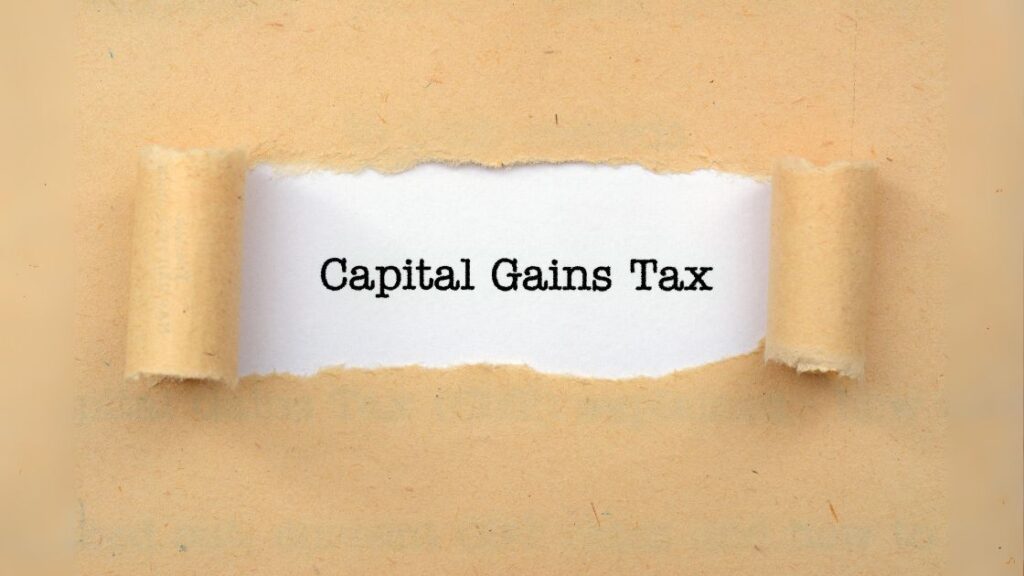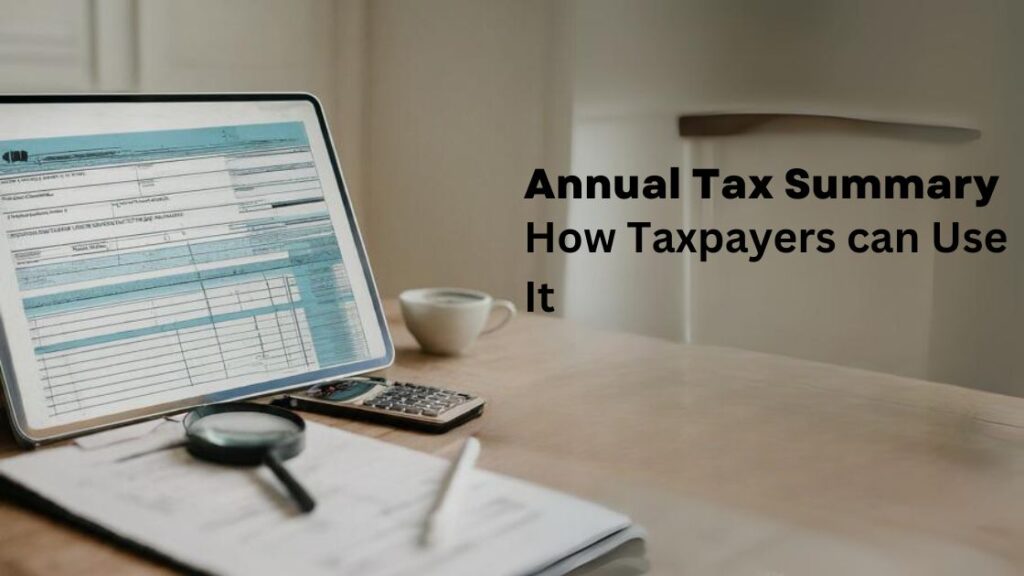In personal finance if you are going over the line you are destined to fail. Budgeting your personal finance is easier said than done. It has to be clearly defined, executed and monitored. Budgeting needs constant monitoring and adjustments to cater your ever-changing needs for personal finance.
What is Budgeting?
Budgeting in simple words is the activity to create a budget which optimizes your expenses according to income. Budget is a spending plan that maps out the income with the expenses during a specific period of time. It is very important that the budgets are written, it can be done using a web application, a mobile application, spreadsheet software or by using the old school way of using the pen and paper. A written spending plan for your money that includes giving, saving, and spending is essential to achieving financial freedom.
There are some important aspects that one should take care in drafting a budget for himself.
- Establish Goals – It is the most fundamental step in creating a budget, goals must be clearly written down like getting a car, buying a house, earning a degree, planning a vacation etc. Goals must be categorized into short-term goals and long-term goals so that you would be able to prioritize the on the time lines in which the goals should be accomplished. If you are able to implement your goals into your budget you would be able to calculate how much you have to allocate and what time it will take for you accomplish them.
- Determine Income– Your monthly income must be clearly specified clearly because you preparing the budget out of your income. So, it becomes really crucial that all of your income sources must be accurately. The income must consist of the money that you are earning consistently and not some randomly acquired amount in a particular month.
- Quantify your Bills and Living Expenses – Your bills and expenses take up a major part of your income as bills are non-negotiable expenses which means that you cannot avoid them for a particular month on the other hand some of your living expenses can be removed if they are not essential. Your bills include utilities, water, electricity, heat, telephone, internet etc. These are the utilities that you need and have to be paid each month for you live a productive life. However, your living expenses include your groceries, transportations, subscriptions, gym memberships, entertainments etc. By quantifying the amounts spent in each category you will be able to rule what is necessary for you and what can be avoided to make sure that you reach your financial goals in time defined by you to achieve them.
- Allocate money to debt payments and insurance– This is another component which is essential to be taken out each month from your income. So, a fixed must be allocated and planned if you are looking to get credit to accomplish any personal or professional goal. This will include credit card payments, loans, life insurances, medical insurances etc.
- Determining Savings– By allocating a portion of your income for savings you are visually and physically saving funds for the future. Savings can be done on pre-tax basis like for your retirement. It can be also done on a post- tax basis like putting some money aside for your emergency funds, to get a car, for a house or for your next vacation. An emergency fund must be allocated in order to cover for the unforeseen expenses like medical bills, car breakdown etc. it is recommended to create an emergency fund that will cover up at least three month’s necessary expenses.
How to create a Budget?
Budget can vary for each individual depending on the income or the risk that a person is willing to take on his income by making investments or the security that an individual is looking to get from his savings. However, we will be sharing a common thumb rule that works for a majority of population. The rule is called 50/20/30 strategy for budgeting. By dividing your income into three categories and giving them the percentages of your income as mentioned in the rule you will have all your finances accounted for, will have a financial cushion for uncertain times and also have a bit set aside for some fun. So, let’s go ahead and explore these categories in detail.
Fixed expenses 50%
These unchanging costs should stay within 50% of your monthly income. Choose housing, transportation, and monthly subscriptions you can afford to sustain without draining your wallet. The fixed expenses are the eons that will be going out of your pocket each month for sure, they must be sustainable and must be monitored to never exceed the benchmark of 50%.
Financial goals 20%
Twenty percent of your income should go toward your financial goals. Whether you’re looking a year or a decade ahead, or just building a good cushion to have in times of emergency, this is not money that is going out—it’s money you’re holding onto. You must be disciplined and must try to increase this benchmark gradually as this is the money that you are allocating to work for you in future.
Flexible spending 30%
Limiting your optional expenses to a fixed amount will help you understand which of your wants are most rewarding, while also encouraging you to get the most bang for your buck in how you shop, eat, and play. Flexible spending can be optimized to provide you a buffer out of this portion. These spendings can be best put to use if you are making these spendings to enhance your skillset or either acquiring a completely new skill set based on the market demand.
Tracking, Evaluating and controlling
You must track how well you are able to follow your budget. Once you know in which sphere you are not follow your budget you must evaluate what are the expenses that re exceeding your benchmarks allocated to that expense. Once it is found where you exceeded and you evaluated on what you over spent then you must control the factors and follow the process till a flawless execution is achieved. Repeating this execution will not only set you apart from the crowd in terms of finances but will also enable you to be in control of finances every time. Soon you will find that you are not working for money; money is working for you.

















